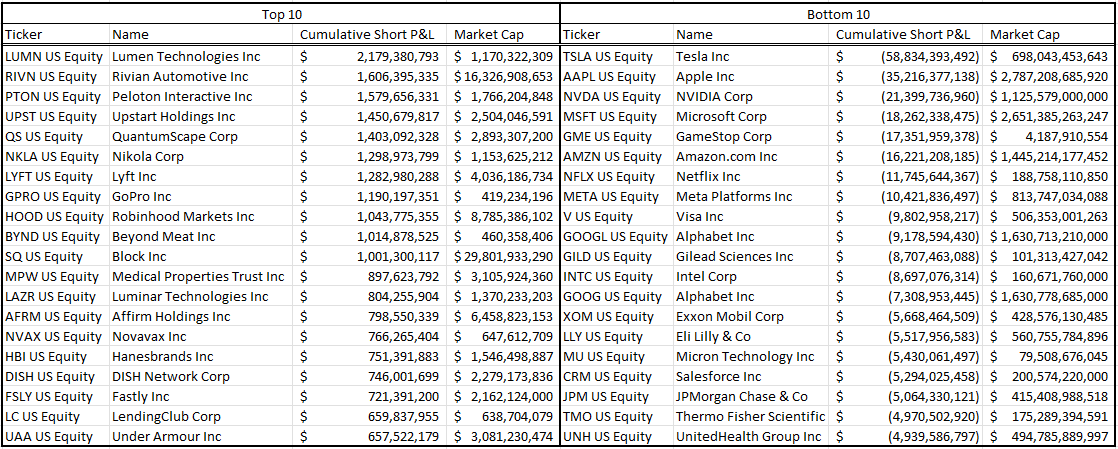My morning train WFH reads:
• How much should it cost to sell a house? Your real estate agent may be charging too much. Why should homebuyers and sellers pay for services they neither want nor use? It’s like being forced to pay a travel agent commission when booking a flight directly online. (USA Today)
• Signs of a Weakening Job Market, in Five Charts: Openings and quits data could give clues to the direction of hiring and the economy. (Wall Street Journal) see also Pay Thousands to Quit Your Job? Some Employers Say So. Some U.S. businesses are forcing workers to sign contracts that demand steep “reimbursements” if they leave. (New York Times)
• Spotify Is Screwed: Spotify is the world’s biggest music streamer but rarely turns a profit and just cut 17 percent of its workforce. Its business model looks increasingly precarious. (Wired)
• Goods Deflation Is Back. It Could Speed Inflation’s Return to 2%. Prices of durables have been falling for five straight months (Wall Street Journal)
• US retail lobbyists retract key claim on ‘organized’ retail crime: The main lobbying group for U.S. retailers retracted its claim that “organized retail crime” accounted for nearly half of all inventory losses in 2021 after finding that incorrect data was used for its analysis. A spokesperson for the National Retail Federation said Tuesday that the organization had removed the sentence from its report on organized retail crime published in April. It produced the report in collaboration with private security firm K2 Integrity. (Reuters)
• The Pentagon Wants to Root Out Shoddy Drugs. The FDA Is In Its Way. The US drug-safety regulator has resisted independent testing that’s widely used in Europe. (Bloomberg)
• A Neurologist’s Tips to Protect Your Memory: A new book by a renowned brain expert says there are a few simple things we can do to prevent memory decline as we age. (New York Times)
• “There’s Nothing Mystical About the Idea that Ideas Change History”. Pinker: There surely is a centripetal force of tribalism, there are two forces pushing outward against it. One is the moral fact that it’s awkward, to say the least, to insist that some lives are more valuable than others, particularly when you’re face-to-face with those others. The other is the pragmatic fact that our fate is increasingly aligned with that of the rest of the planet. (Quillette)
• Israel’s use of disproportionate force is a long-established tactic – with a clear aim. The strategy goes well beyond defeating an opponent: It seeks to destroy key infrastructure and the economy, with many civilian casualties. (The Guardian)
• 2023 Person of the Year: Taylor Swift: Listening to Swift share this, on a clear fall afternoon in her New York City apartment, I’m struck by how satisfying the story is. There are high stakes at the outset; there are details, vivid and sensory; there’s a twist that flips the action on its head; and there’s a happy ending for its hero. It takes her only about 30 seconds to recount this, but those 30 seconds contain an entire narrative world. (Time)
Be sure to check out our Masters in Business this week with Joel Tillinghast of Fidelity, where since 1989, he has managed the Fidelity Low-Priced Stock Fund (and others). Over his 32-year tenure, the fund has beaten 100% of peers, and outperformed the Russell 2000 benchmark by 3.49% annually, and has more than doubled the performance of the S&P 500.
Shorts made about $80 billion of dollar profits on about 30% of names, and lost $900 billion total across all names over 10 years

Source: @quantian1
Sign up for our reads-only mailing list here.

